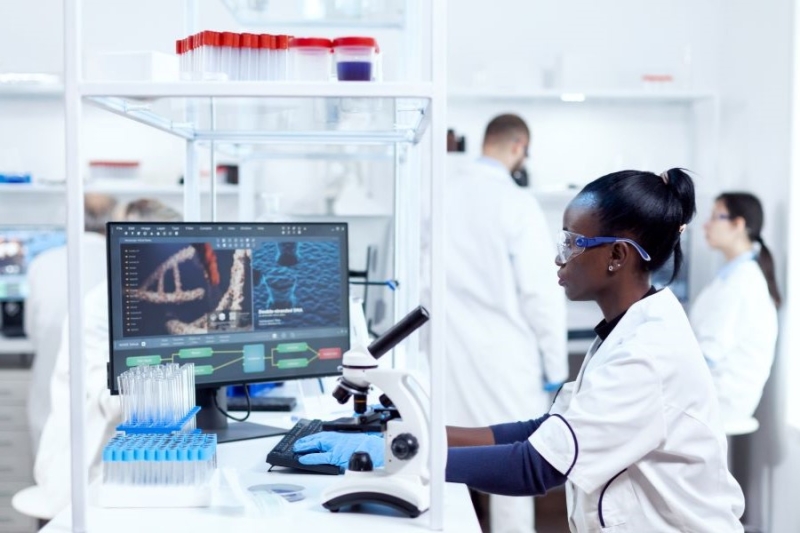27 Sep 2024 — Organic micronutrient startup Biovit receives £1.5 million (US$2,005,950) from Innovate UK in a bid to revolutionize the fortified foods sector. The company says it is pioneering research into the bioavailability of micronutrients to create the world’s most accurate artificial intelligence (AI)-driven personalized nutrition system, set for a National Health Service (NHS) trial in 2025.
Leading the “natural nutrient revolution” in fortified foods, Biovit states it is the first company globally to clinically develop and test natural vitamin and mineral blends derived from organic plants and fungi.
These blends have been shown to maintain their micronutrient composition’s stability through processing and until the end of the product’s shelf life. By 2025, UK consumers will see organically fortified products in supermarkets, with Biovit currently collaborating on new product development with over ten of the country’s top organic and natural food brands.
“All fortified foods, including breakfast cereals, meal replacement shakes, plant-based milks, “All fortified foods, including breakfast cereals, meal replacement shakes, plant-based milks, and more, currently contain synthetic vitamins and minerals,” says Biovit founder and CEO, Ky Wright. “Although similar, these lab-made, isolated vitamin and mineral analogs are most often structurally and functionally different to the natural versions, being less bioavailable and efficacious.”
“From independent research commissioned by Biovit, we know the vast majority of consumers, 77%, are not aware that synthetic micronutrients are currently being added to enhance the nutritional value of their foods, while virtually all consumers, 90%, would prefer natural nutrients to synthetic if given the choice. BIOVIT exists to give consumers that choice.”
Focus on natural ingredients
Biovit has allocated £500,000 (US$668,650) of its Innovate UK funding to partner with Swansea University,UK, to study the bioavailability differences between natural and synthetic vitamins and minerals.
“At Biovit, we want to offer a completely natural solution to food companies — especially those that are striving towards organic certification — and expect to see a growth in ‘natural fortification’ across the food industry,” Wright underscores. “We now know that in many cases, synthetic micronutrients are not as effective as the ones that occur naturally in plants, fungi and algae.”
“This was demonstrated recently by a major observational study of 400,000k people in the US, which found no impact on mortality rates from long-term synthetic multivitamin use. The results of our UK clinical trial, directly comparing synthetic micronutrients with Biovit’s natural micronutrients, will be published in 2025 and could lead to radical changes in consumer awareness and acceptance of synthetic nutrients.”
For this reason, Wright says companies should switch to natural ingredients now or “risk losing consumer trust.”
AI-powered nutrition
An additional £1M (US$1,337,300) from Innovate UK and a partnership with Pharmatics will be used to help Biovit use data from this study to create an AI-powered nutrition system.

An upcoming NHS study will utilize AI to look at micronutrient absorption and determine individual needs.
The 2025 NHS trial will assess individual micronutrient absorption and utilization, using AI to determine metabolic types and nutritional needs, thereby customizing personal nutrition products. The innovation, which will match nutrition formulations to micronutrient metabolism types, will help to pinpoint deficiencies and minimize risks of vitamin overdosing and side effects.
Biovit highlights that providing consumers with personalized information about their nutritional requirements and metabolism type will help pinpoint deficiencies and decrease the likelihood of vitamin overdosing and related side effects.
“Our approach is unique because it combines large-scale scientific evidence with personal health data to deliver highly tailored nutritional interventions,” concludes Felix Agakov, CEO at Pharmatics.
“Combining evidence from multiple relevant worldwide trials with personal data will create nutrition plans that are safer and more effective than one-size-fits-all approaches and methods that only learn from small datasets from individual clinical trials.”

